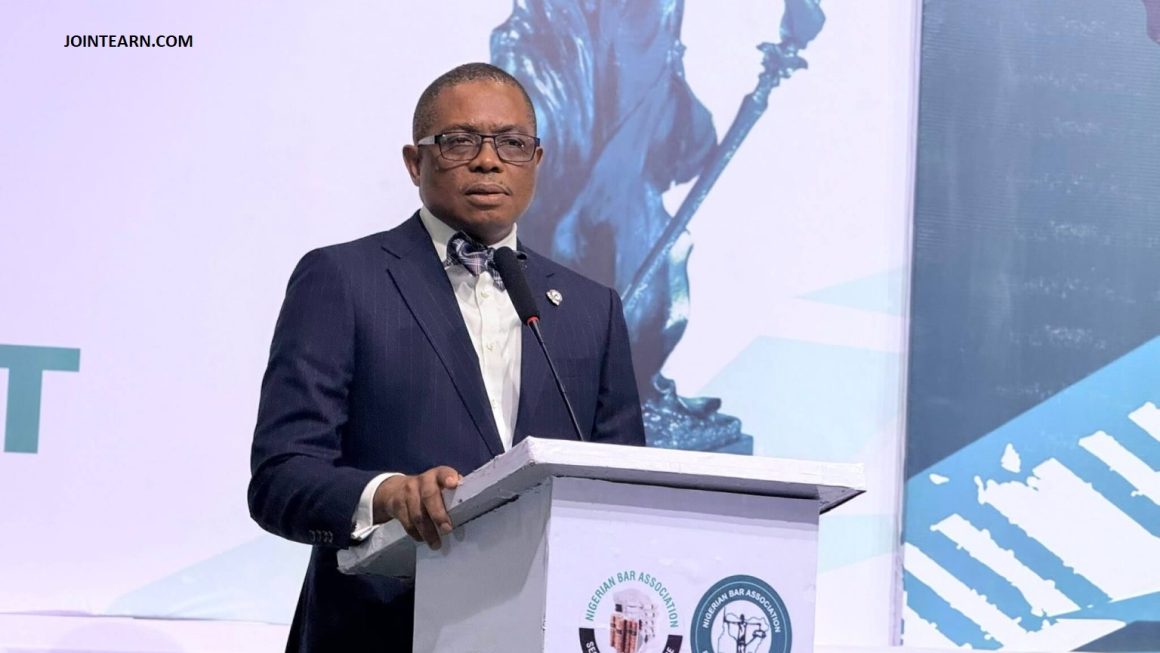On May Day, as the world celebrates the achievements of workers and advocates for labor rights, former Nigerian Senator Shehu Sani used the occasion to highlight the economic challenges plaguing Nigerian workers. Sani, an outspoken advocate for workers’ rights and social justice, identified five key economic pressures that have significantly undermined the earnings and living standards of Nigerian workers.
In his speech delivered during a May Day gathering in Kaduna, Sani emphasized the urgent need for policymakers to address these economic issues, which he argued are eroding the purchasing power of workers across the country. The event, which was attended by labor leaders, activists, and ordinary citizens, served as a platform for discussing the state of Nigeria’s labor force amidst the economic realities the nation is facing.
1. Inflation and the Erosion of Purchasing Power
One of the foremost challenges affecting Nigerian workers, according to Sani, is the persistent rise in inflation. He pointed out that inflation has been steadily eroding the purchasing power of workers, making it increasingly difficult for them to afford basic necessities such as food, healthcare, and transportation.
“Inflation is perhaps the greatest enemy of the Nigerian worker,” Sani remarked. “Despite the increase in wages over the years, the real value of workers’ earnings has been severely diminished due to inflation. Prices of everyday goods and services have skyrocketed, and workers find it harder to stretch their salaries to meet their basic needs.”
Sani called on the government to take immediate steps to control inflation, particularly by addressing the root causes of rising prices, such as the devaluation of the Naira and the instability of global oil prices, which directly affect the Nigerian economy.
2. Unemployment and Underemployment
Sani also pointed out that unemployment and underemployment are critical issues that Nigerian workers continue to face. According to recent statistics, Nigeria has one of the highest unemployment rates in Africa, with millions of educated young people unable to find gainful employment.
He highlighted that while many Nigerians are employed, a significant number are underemployed, working in jobs that do not match their skills or provide adequate compensation. This situation, Sani argued, is exacerbating the income inequality within the country, with a large portion of the population trapped in low-paying, precarious work.
“The Nigerian labor market is saturated with individuals who have completed their education but are still struggling to find meaningful work,” Sani said. “This not only affects their financial stability but also impacts the overall productivity of the nation. We need policies that encourage the creation of sustainable jobs and provide opportunities for skill development.”
3. High Cost of Living
In his speech, Shehu Sani highlighted the alarming increase in the cost of living across Nigeria. He pointed out that despite the economic hardships faced by workers, wages have remained largely stagnant. Meanwhile, the cost of basic goods and services has soared, placing a significant burden on Nigerian families.
From rising food prices to expensive rent and utility bills, Sani emphasized that the average Nigerian worker is finding it increasingly difficult to make ends meet. The high cost of living, he argued, is one of the primary factors driving workers further into poverty, even those who are employed full-time.
“We can no longer ignore the fact that many Nigerian workers are living paycheck to paycheck, struggling to pay for rent, school fees, and even healthcare,” he said. “This is a crisis that demands immediate attention.”
4. Inadequate Healthcare and Social Services
Sani also underscored the lack of access to quality healthcare and social services for Nigerian workers. He noted that while many workers are contributing a significant portion of their income to taxes, they often do not benefit from basic social safety nets, such as affordable healthcare, pension plans, and insurance.
“Workers in Nigeria are among the most hardworking people in the world, but they are left without any proper social security,” Sani lamented. “In a country as rich as Nigeria, it is unacceptable that workers do not have access to basic healthcare services and pensions to safeguard their future.”
The former senator called on the government to prioritize the establishment of comprehensive social safety nets for workers, including health insurance schemes, pensions, and unemployment benefits.
5. Government Policies and Inconsistent Labor Laws
Finally, Shehu Sani addressed the issue of government policies and the enforcement of labor laws in Nigeria. He criticized the inconsistency in government policies that affect workers, particularly in relation to minimum wage laws and labor rights protections. While the government has increased the minimum wage in recent years, Sani pointed out that the implementation of these wage increases has often been delayed or ignored, leaving workers in a precarious situation.
Furthermore, he stressed the importance of creating a conducive environment where workers’ rights are respected and protected. Sani urged the Nigerian government to ensure that workers’ unions are given the autonomy to advocate for the interests of their members and that labor laws are enforced consistently.
“Workers deserve a government that will not only increase their wages but also create a fair and equitable working environment,” Sani stated. “We must ensure that the labor laws are not only on paper but are implemented with sincerity and transparency.”
A Call for Action
In conclusion, Shehu Sani’s May Day address served as a powerful reminder of the pressing economic challenges facing Nigerian workers. The former senator called for a collective effort from the government, employers, and labor unions to address these issues and improve the living standards of Nigerian workers.
“The Nigerian worker is the backbone of our economy, yet they are being crushed by economic pressures that are beyond their control,” Sani said. “It is time for the government to take concrete steps to ease these burdens and create an environment where workers can thrive, not just survive.”
As Nigeria moves forward, the need for comprehensive economic reforms that prioritize the welfare of workers is more urgent than ever. The discussion around these five economic pressures is a step toward understanding the struggles Nigerian workers face daily and finding lasting solutions that will improve their livelihoods for years to come.












